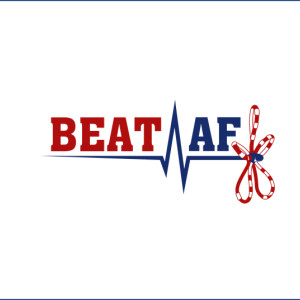 \
&
Contact us
\
&
Contact us
 \
&
Contact us
\
&
Contact us
Horizon 2020 is running from 2014 until the end of 2020 with a budget of about €77 billion.
It is the financial instrument that is helping to ensure that Europe produces world-class science, removes barriers to innovation and makes it easier for the public and private sectors to work together in delivering innovation.
The Horizon 2020 programme has three main priorities, that are called "pillars“, 1) Excellent science, 2) Industrial Leadership and 3) the Societal Challenges, each with a set of specific objectives. Besides the three pillars there are two specific programmes “Science with and for society” and “widening participation”, next to a cross-cutting programme. Besides there are also Focus areas or cross-cutting activities which are specific new challenges.
Funding opportunities under Horizon 2020 are set out in multiannual work programmes.
The current main Horizon 2020 work programme comprises an introduction, 18 thematic sections and the general annexes describing general rules such as standard admissibility conditions and eligibility criteria, selection and award criteria, etc.
Of each Horizon 2020 programme a Work programme is edited containing the background and specific calls.
In the Horizon 2020 tab in the menu on this website more information per programme is given with links to policy related information, to the work programmes, specific events, etc.
Horizon 2020 is part of the bigger picture of the European landscape for research and innovation, which also embraces public-public partnerships (as JPI's), European Innovation Platforms and European Technology Platforms. More details of some of these programmes are elaborated on Other EU Funding.
Application to a Horizon 2020 call implies 4 major steps: 1/ Find a suitable call for proposal; 2/ Find project partners; 3/ Create an account on the portal; and 4/ Register your organisation. Read about this process in more detail.
NCP Flanders can give you support during your application process and provides basic information and tips and tricks to support you with writing your proposal.
Infosheets contain edited content on aspects related to this programme. They are reviewed at least yearly.
Related links are easy pointers towards external information. We curate the list, but are not liable for the destinations.
Documents contain additional information related to this programme, and are similar to related links.

The Horizon2020 project BEAT-AF brings together 9 European renowned clinical centres in France, Belgium, Czechia, Germany and Austria. Together, the consortium strives to revolutionize Atrial Fibrillation (AF) treatment through catheter ablation and contribute to decrease the huge burden of AF in Europe. The BEAT-AF project kicked off in 2021 and will run until 2026. The department of electrophysiology of the AZ Sint-Jan Hospital in Bruges is partner in the project and has so far contributed to the pre-clinical development, the first in man studies and first registries of the revolutionary AF treatment put forward by the consortium. The first pilot studies show that the treatment is safe, effective and efficient.